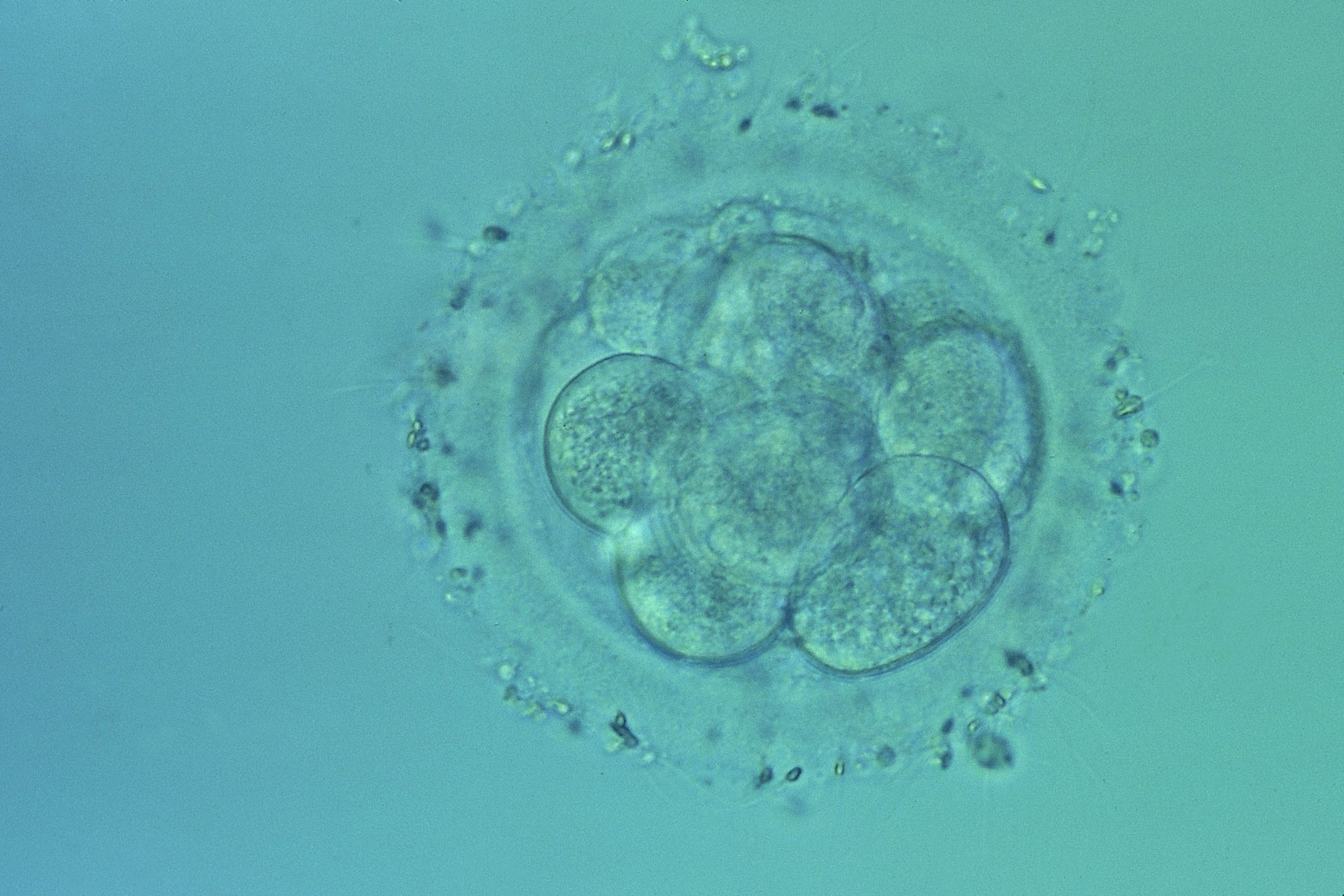A Japanese study published in Human Reproduction highlights the reasons why embryo transfer after in-vitro fertilisation is more likely to result in the birth of twins. During natural pregnancy, the zygote can divide into two or three embryos. However, this phenomenon is more common when an embryo has been handled. Thus despite the recommendation to transfer only one embryo after in-vitro fertilisation, the number of multiple pregnancies following medically assisted reproduction remains high and problematic as these pregnancies are riskier.
The study by Dr Keiji Kuroda from the School of Medicine at Juntendo University in Tokyo has established several risk factors leading to zygote division, namely the in-vitro embryo culture time prior to implantation, assisted reproduction which involves piercing the layer of proteins surrounding the embryo to facilitate embedding in the uterine wall and the use of frozen embryos.
Bionews (15/10/2018)

